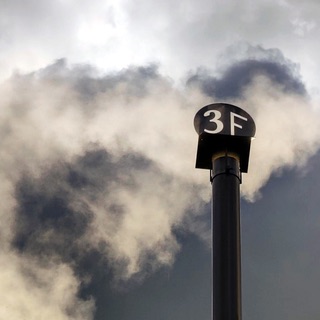Podcast: Play in new window | Download (Duration: 25:28 — 24.5MB)
Subscribe: Google Podcasts | Spotify | Android | RSS | More
 Since 1966, the European Union has had the most restrictive laws in the world on agricultural biodiversity. To be marketed, a variety has to be distinct, uniform and stable, which in principle means the individual plants have to be effectively identical. This has never suited organic farmers or any other smaller scale growers, including home gardeners. Finally, after a few false starts, a new regulation permitted the marketing of “organic heterogeneous material” from January 2022.
Since 1966, the European Union has had the most restrictive laws in the world on agricultural biodiversity. To be marketed, a variety has to be distinct, uniform and stable, which in principle means the individual plants have to be effectively identical. This has never suited organic farmers or any other smaller scale growers, including home gardeners. Finally, after a few false starts, a new regulation permitted the marketing of “organic heterogeneous material” from January 2022.
One of the organisations that campaigned for the new regulation is Let’s Liberate Diversity, an association of European groups. I went along to their 10th anniversary forum to hear how farmers and food producers were responding to the new regulation.
Notes
- Find out more about Brouwerij 3 Fonteinen and Biocivam Aude.
- Let’s Liberate Diversity published a round-up of all the events at the Budapest forum.
- The farmers Yumi Biagini is working with are looking for varieties from climate analogues, places that currently experience the kind of climate that they expect in the future. There used to be a marvellously easy tool to find climate analogues, but it seems to have vanished without trace. Best I can find is this explanation from Oregon State University.
- Rouge de Bordeaux photograph from Moulin du Courneau on Instagram. 3F image from Drie Fonteinen.
- Here is the transcript.

